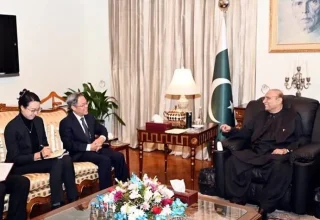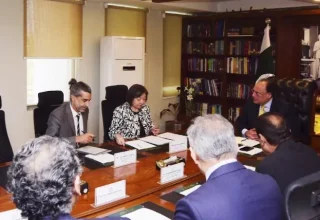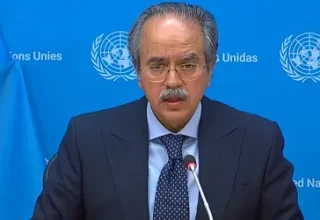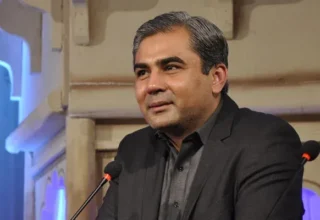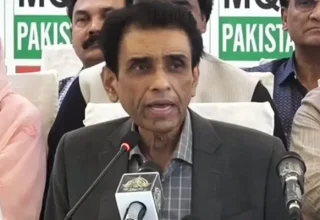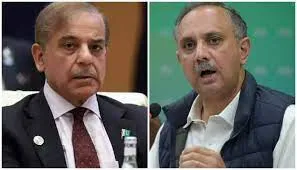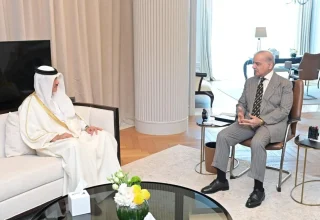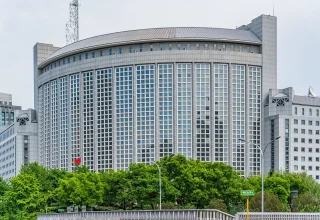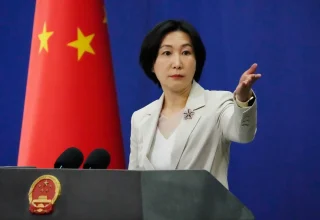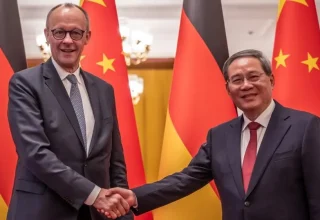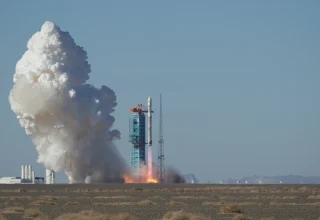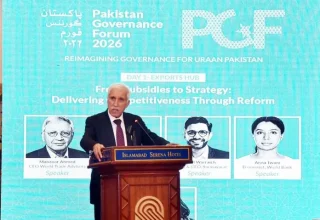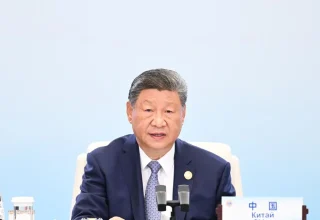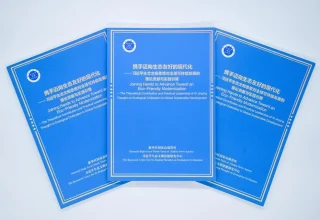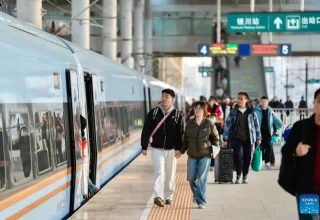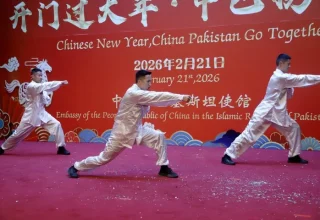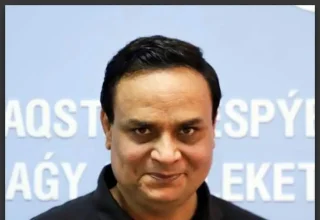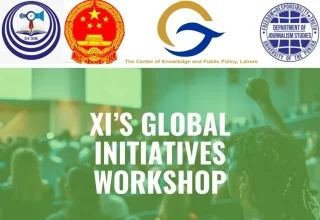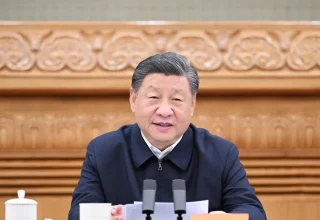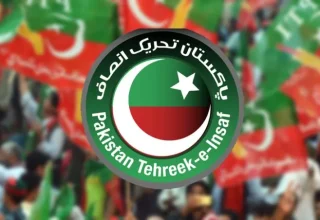
Islamabad: Political turbulence inside the National Assembly deepened on Monday as 28 more lawmakers from Pakistan Tehreek-e-Insaf (PTI) resigned from the membership of various standing committees. With the latest move, the total number of PTI members quitting committee work has risen to 47.
According to parliamentary sources, the resignations were formally submitted to the Speaker’s Office. The lawmakers cited lack of trust in the current parliamentary process as the main reason behind their decision.
In a parallel development, six PTI members also resigned from their positions as committee chairmen, further weakening the opposition’s role in key parliamentary functions. Those stepping down from chairmanship include, Junaid Akbar, Aamir Dogar, Sanaullah Masti Khel, Dr. Ziauddin, Javed Iqbal and Haji Imtiaz Ahmed
The standing committees of the National Assembly are crucial bodies responsible for examining legislation, overseeing ministries, and addressing public policy matters. PTI’s withdrawal from these roles is expected to disrupt the functioning of several important committees, particularly in areas such as finance, interior, and energy.
Government officials, however, downplayed the resignations, insisting that the coalition has the strength to ensure the committees continue to function smoothly. A senior ruling party member described PTI’s move as “symbolic politics” aimed at creating pressure outside Parliament rather than contributing inside it.
PTI leaders, on the other hand, defended the resignations as a principled step. “Our members cannot be part of a system that silences opposition voices,” a PTI spokesperson said, stressing that the party will continue to resist what it terms as “unilateral governance.”
With the resignations now before the Speaker’s Office, the National Assembly Secretariat will have to review and reconstitute the affected committees. Political analysts believe this process could take several weeks and might affect legislative business in the meantime.
The development marks another chapter in PTI’s ongoing protest strategy, as the party continues to challenge the government both in Parliament and through public mobilization campaigns across the country.


